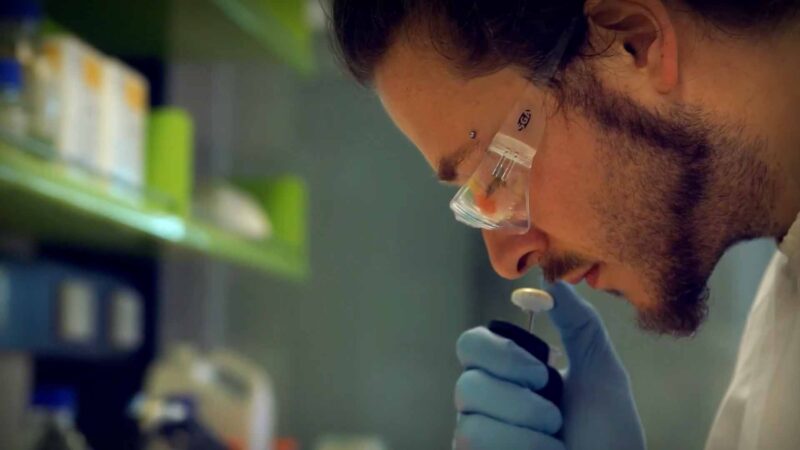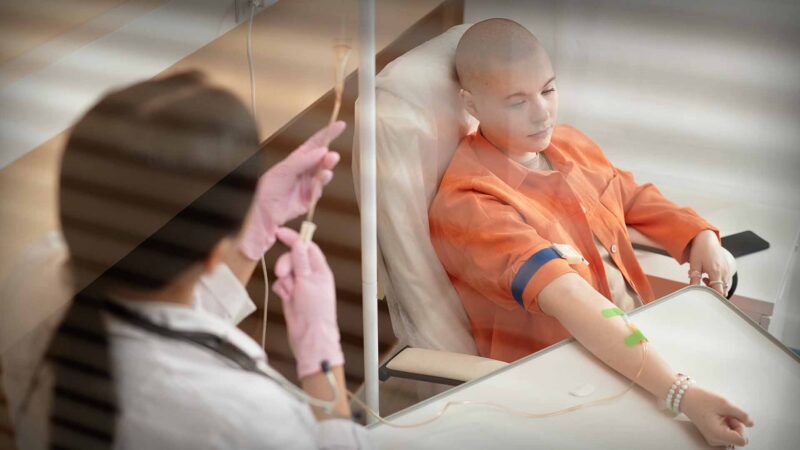Communities across Australia rely on Registered Nurses (RNs) to provide primary care, acute care and aged care. They are skilled, capable and trusted healthcare practitioners often working in some of the most rural and remote parts of the country.
In March 2023, the Australian Government released the National Rural and Remote Nursing Generalist Framework 2023–2027. The Framework is a world first and describes the unique context of practice and core capabilities for rural and remote Registered Nurses in Australia.
As well as describing skills, capabilities and support needed by RNs, the Framework emphasises the importance of clinical decision-making judgement of the patient’s situation, culturally safe practice, collaboration, and partnerships with clients, families and communities.
The framework is for RNs who work in rural and remote locations across Australia, or are looking to relocate there. One such nurse who relocated is Clinton Archer, with Queensland Health, who was interviewed by Australian Health Journal for this segment.
Other ways the the Framework can be applied include:
- For Registered Nurses, mapping their development of the capabilities with a mentor, to develop from formative to proficient skill levels.
- For Educators and Education Providers, supporting individual skill development or curriculum based on the capabilities.
- Government, Organisations and Employers, using the Framework as a guide to grow and support the development of a skilled rural and remote RN workforce
The Framework was developed by the Office of the National Rural Health Commissioner and Australian Health Journal spoke with National Rural Health Commissioner, Adjunct Professor Ruth Stewart, and Deputy National Rural Health Commissioner – Nursing and Midwifery, Adjunct Professor Shelley Nowlan, on the importance of rural and remote nursing and of the Framework itself.
Important contributions and expertise of the members of the National Rural and Remote Nursing Generalist Framework Steering Committee (Steering Committee) led the Framework through its development and consultation. Steering Committee members represented the following organisations.
- Office of the National Rural Health Commissioner
- Australian Government Department of Health and Aged Care
- Australian and New Zealand Council of Chief Nursing and Midwifery Officers
- Australian College of Nurse Practitioners (ACNP)
- Australian College of Nursing (ACN)
- Australian Nursing and Midwifery Accreditation Council (ANMAC)
- Australian Nursing and Midwifery Federation (ANMF)
- Australian Primary Health Care Nurses Association (APNA)
- Congress of Aboriginal and Torres Strait Islander Nurses and Midwives (CATSINaM)
- Council of Deans of Nursing and Midwifery (CDNM)
- Council of Remote Area Nurses of Australia (CRANAplus)
- James Cook University
- Nursing and Midwifery Board of Australia (NMBA)
You Might also like
-
SAHMRI Celebrates 10 Years of Research
SAHMRI represents an exciting and unique statewide concept, bringing together basic and translational research, South Australia’s three universities and the health system. SAHMRI works in collaboration with its partners to provide a clear focal point for health and medical research, including paving the way for new partnerships, innovative research projects and improved health outcomes.
Executive Director, Professor Maria Makrides spoke to Australian Health Journal about 3 achievements in the past 10 years that have had significant impact
International leadership breakthroughs in leukaemia research
Culturally appropriate Indigenous health research and clinical care
Omega 3 fatty acids as a preterm birth prevention -
Addressing Pharmacy challenges at home and abroad
Paul Sinclair’s progression through the ranks of the International Pharmaceutical Federation (FIP) demonstrates the impact and influence he’s had in representing the pharmacy profession on a global scale. In this Australian Health Journal interview, Paul talks about the 4 themes in the upcoming FIP Congress in Brisbane this month. He also talks about the challenges facing pharmacy with remuneration, professional service delivery and the workforce coming out of the COVID era.
-
Mission to raise awareness of sarcoma and need for clinical trial funding
Sarcoma, a rare and aggressive cancer, remains the deadliest cancer for children and young adults, accounting for nearly one third (30%) of cancer-related deaths among those aged 15–24 and one tenth (10%) of those aged 0–14. Further, still severely under-diagnosed, sarcoma only accounts for one sixth (15%) of all cancer diagnoses in the 15 – 24 age group, and less than a tenth (8%) among children under 10.



